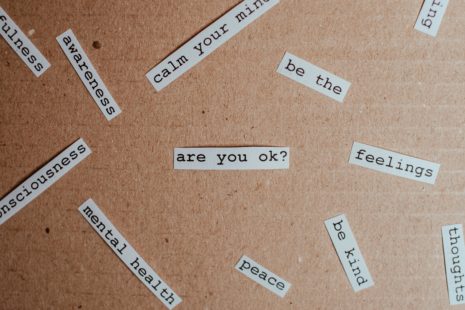Struggling with control is a common issue that many people face. This struggle often stems from a combination of psychological, emotional, and environmental factors. Understanding the root causes of your need for control can help you address it more effectively.
Here are some reasons why people might struggle with control…
1. Anxiety and Fear
One of the primary reasons people seek control is to manage underlying anxiety and fear. The uncertainty of outcomes or the unpredictability of life can be uncomfortable or even terrifying. Control can be a way to mitigate these feelings by creating a sense of security and predictability.
2. Past Trauma or Experiences
Experiences of trauma, abuse, or significant loss can lead to a heightened need for control. If you’ve been in situations where you felt powerless or unsafe, controlling your current environment and the outcomes of situations can feel like a necessary defense mechanism to prevent future pain or trauma.
3. Low Self-esteem and Insecurity
Feeling insecure or having low self-esteem can drive a need for control as a way to compensate for perceived inadequacies. By controlling situations or people, there’s a belief that you can ensure success, acceptance, and avoid criticism or failure.
4. Perfectionism
Perfectionists often struggle with control because they have specific standards and expectations for how things should be done. This can stem from a fear of failure, judgment from others, or a deeply internalized belief that one’s worth is tied to performance and outcomes.
5. Lack of Trust
Difficulty trusting others—whether due to past betrayals, disappointments, or a lack of confidence in others’ abilities—can lead to controlling behavior. If you believe that others are incapable of meeting your standards or that relying on others leads to vulnerability, you might try to control as much as possible.
6. Environmental Influences
Growing up in an environment where control was emphasized or modeled, such as having controlling parents or caregivers, can teach you that control is necessary for success, safety, or respect. This learned behavior can be difficult to unlearn in adulthood.
Addressing the Struggle
Understanding why you struggle with control is the first step toward addressing it. Here are a few strategies that might help:
- Seek therapy – A therapist can help you explore the roots of your need for control, provide coping strategies, and support you through the process of change.
- Practice mindfulness – Mindfulness techniques can help you stay present and reduce anxiety about the future or regrets about the past.
- Develop trust – Working on trusting others by starting with small tasks can gradually increase your comfort with relinquishing control.
- Work on self-esteem – Engaging in activities that bolster your self-esteem and affirming your self-worth independent of external control can reduce the need to control.
- Learn to accept uncertainty – Gradually exposing yourself to situations with uncertain outcomes can help you become more comfortable with ambiguity and reduce the need for control.
Struggling with control is a deeply human experience, and working through it often requires patience and self-compassion. It’s a journey of personal growth that doesn’t happen overnight.







